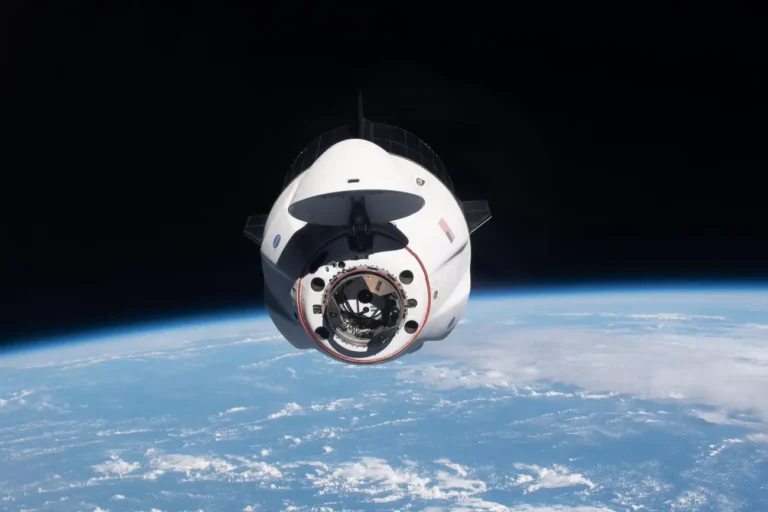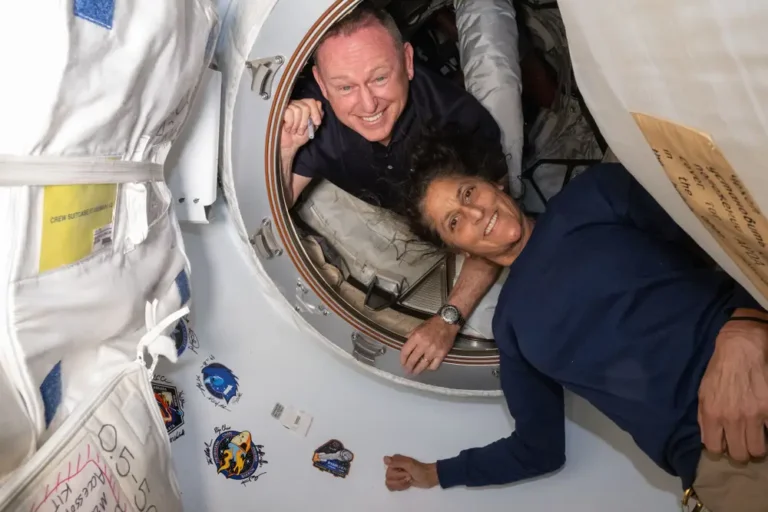The next time an astronaut steps foot on the moon, it could be in a Prada spacesuit. See the design.
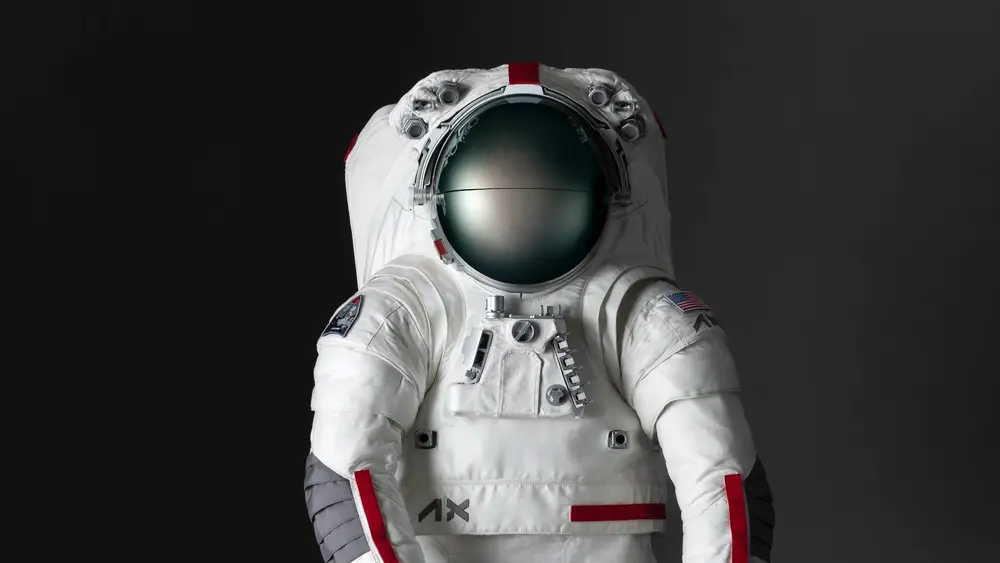
Axiom Space and Prada unveiled a new spacesuit design.
The next time an astronaut walks on the moon, it could be in style.
Axiom Space unveiled a Prada-designed spacesuit on Wednesday at the International Astronautical Congress in Milan, where Prada is headquartered.
The Prada suit is intended for use on NASA’s Artemis III mission to the moon, which, if successful, would be the first crewed landing on the moon since Apollo 17 in 1972.
Axiom Space, a Houston-based company cofounded by former NASA employee Michael Suffredini, first announced its collaboration with the Italian luxury fashion group in October 2023.
The spacesuit is officially called the Axiom Extravehicular Mobility Unit (AxEMU). It’s a long way from the first NASA spacesuits that Mercury astronauts wore in the early ’60s.
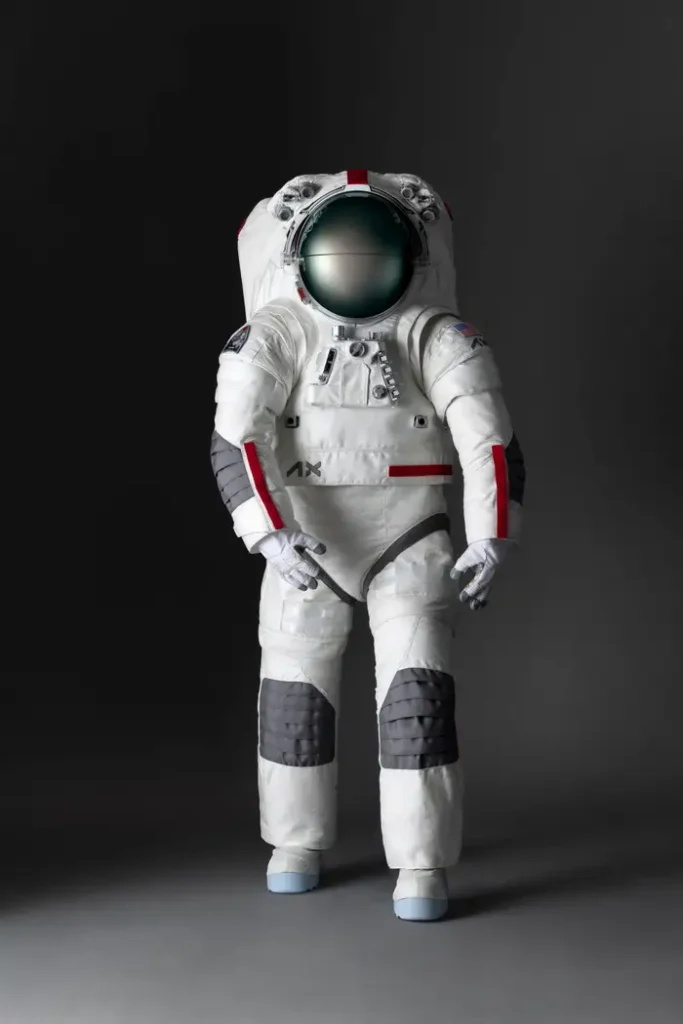
The Prada spacesuit is designed to withstand extreme temperatures.
“Our elite teams have redefined spacesuit development, establishing new pathways to innovative solutions and applying a state-of-the-art design approach for the AxEMU,” Matt Ondler, president of Axiom Space, said in a press release. “We have broken the mold. The Axiom Space-Prada partnership has set a new foundational model for cross-industry collaboration, further expanding what’s possible in commercial space.”
The press release said Prada’s design and product development team worked alongside Axiom Space engineers to create a spacesuit that could withstand the moon’s environment, including lunar dust, which can damage human lungs if inhaled, and extreme temperatures.
“Prada’s expertise enabled advanced technologies and innovative sewing methods to bridge the gap between highly engineered functionality and an aesthetically appealing white outer layer, providing astronauts with an increased level of comfort while improving the materials’ performance,” the press release said.
The spacesuit would allow astronauts to perform spacewalks for at least eight hours.
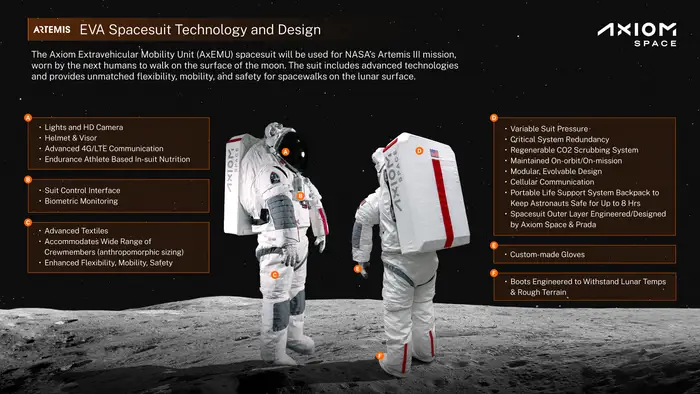
The spacesuit would allow astronauts to perform spacewalks for at least eight hours.
“It includes advanced coatings on the helmet and visor to enhance the astronauts’ view of their surroundings, as well as custom gloves made in-house featuring several advancements over the gloves used today,” the press release said. “The spacesuit architecture includes life support systems, pressure garments, avionics, and other innovative systems to meet exploration needs and expand scientific opportunities.”
Axiom Space said it worked to improve the spacesuit over the past two years for the Artemis III mission, and it’s nearing the final development stage.
Russell Ralston, executive vice president of extravehicular activity at Axiom Space, told B-17 that the “critical design review” stage will begin in 2025.
“Once the AxEMU spacesuit is through NASA’s CDR and qualification testing, the spacesuit will be ready for the Artemis III mission,” he said in a statement.
Representatives for Prada did not respond to a request for comment from B-17.
NASA’s Artemis III mission could be the first time a woman and a person of color walks on the moon
The Prada spacesuits are being developed for Artemis III, which is scheduled for no earlier than September 2026, according to NASA.
“Over the course of about 30 days, the Artemis III astronauts will travel to lunar orbit, where two crew members will descend to the surface and spend approximately a week near the South Pole of the Moon conducting new science before returning to lunar orbit to join their crew for the journey back to Earth,” the agency says.
The mission could also be the first time a woman and a person of color walk on the moon.
Artemis III will follow NASA’s Artemis II, which is scheduled to launch no earlier than September 2025. The Artemis II mission could also make history by having the first woman, Black astronaut, and Canadian fly around the moon with NASA.
Artemis II astronauts will “confirm all of the spacecraft’s systems operate as designed with crew aboard in the actual environment of deep space,” according to NASA.




